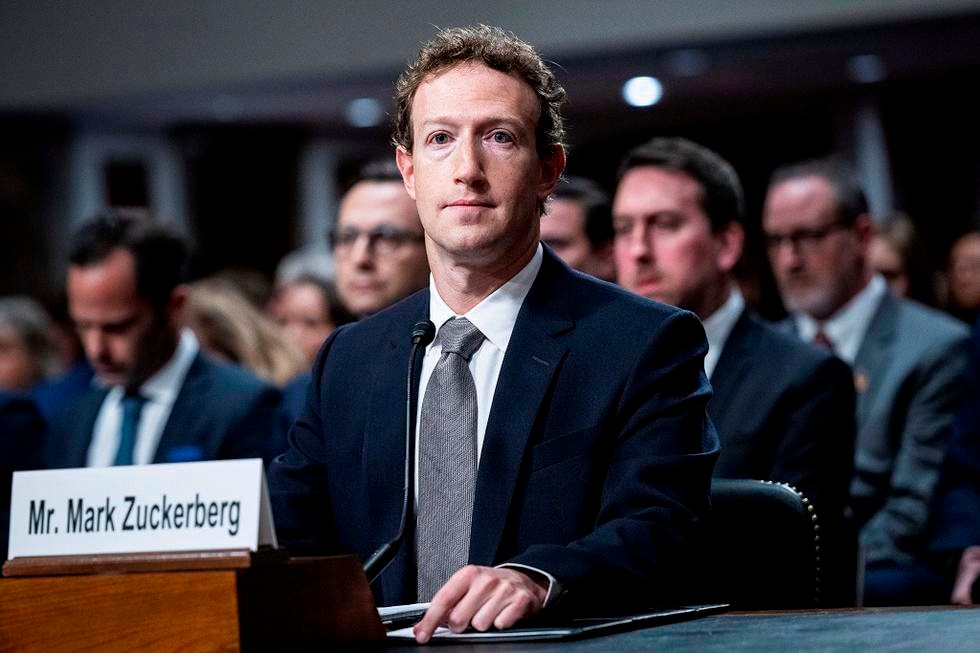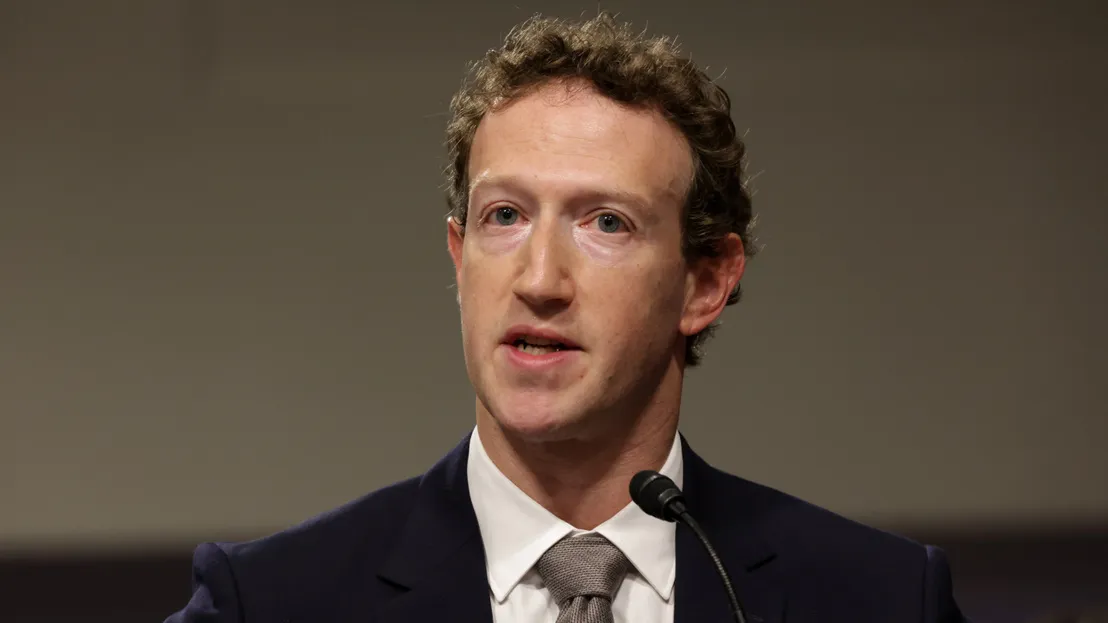

Will Mark Zuckerberg’s Smart Glasses Turn Humans Into ‘Virtual World Residents’?
The vision of Mark Zuckerberg has long been tied to bold experiments that blur the line between the physical and the digital. With Meta’s smart glasses emerging as one of the company’s most ambitious projects, the question now echoing across social media, tech forums, and everyday conversations is whether these sleek devices will gradually transform users into “virtual world residents.”
For some, this idea sounds futuristic, empowering, and revolutionary. For others, it raises serious concerns about disconnection from reality, over-dependence on technology, and the erosion of authentic human experiences. Whatever the stance, one thing is undeniable: Zuckerberg’s smart glasses are sparking conversations not just about technology, but about the future of humanity itself.
The Rise of Smart Glasses: Zuckerberg’s AR Gamble
Mark Zuckerberg has never shied away from making audacious bets on the future. After renaming Facebook to Meta in 2021, he declared his intent to build the metaverse — a fully immersive digital world where work, play, and social interactions blend seamlessly. At the heart of this mission are smart glasses, devices that overlay digital information onto the real world.
Unlike traditional VR headsets that isolate users in entirely virtual spaces, Zuckerberg’s smart glasses are designed to complement daily life. They promise to make checking messages, navigating directions, joining meetings, and capturing photos as simple as glancing through a pair of lenses.
But as these glasses advance in functionality, offering gesture-based controls, holographic projections, and real-time data streaming, the line between “real life” and “virtual life” begins to blur. This raises a profound question: are we on the cusp of creating a society of virtual world residents?

From Communication Tool to Lifestyle Platform
Early prototypes of Meta’s smart glasses were seen as simple communication tools. But recent iterations suggest that Zuckerberg envisions them as lifestyle platforms. Integrated with AI, cloud storage, and the broader Meta ecosystem, these glasses can potentially replace smartphones, laptops, and even televisions.
Imagine putting on a pair of glasses and instantly seeing your day’s agenda, messages from friends, real-time translations, and fitness data floating in front of your eyes. Picture gaming sessions where your living room transforms into an interactive arena or business meetings where 3D holograms of colleagues sit across your dining table.
This seamless integration may sound like convenience at its peak, but it also opens the door to dependency. The more people rely on these devices for everything, the closer they drift toward being permanent residents of a digital-first reality.
The Promise: Efficiency, Connection, and Fun
There are undeniable advantages to Mark Zuckerberg’s smart glasses. Supporters argue that AR technology can:
-
Boost productivity: Hands-free controls make multitasking easier for professionals, students, and creatives.
-
Enhance learning: Real-time overlays can bring textbooks, maps, and history lessons to life.
-
Strengthen social bonds: Virtual hangouts, interactive games, and immersive chats could make long-distance connections more personal.
-
Improve accessibility: Features like live captioning and object recognition can support users with disabilities.
For fans of Meta’s innovation, the smart glasses are not about escaping reality but about enhancing it. They argue that humans have always used tools — from books to smartphones — to extend their capabilities. Zuckerberg’s smart glasses, they say, are simply the next step.
The Fear: Losing Touch with Reality
On the other hand, critics warn that Zuckerberg’s glasses risk turning humans into passive consumers of virtual experiences. Concerns include:
-
Over-dependence: As glasses replace traditional devices, users might struggle to disconnect, blurring the line between work and rest.
-
Mental health risks: Constant immersion in a curated digital world could intensify anxiety, depression, and feelings of inadequacy.
-
Privacy invasion: Glasses equipped with cameras and microphones raise questions about surveillance, consent, and data harvesting.
-
Social alienation: Instead of fostering genuine face-to-face connections, smart glasses might encourage shallow, screen-mediated interactions.
These warnings feed into the narrative of becoming “virtual world residents.” Rather than using AR as a tool, people could end up living inside it.
Zuckerberg’s Vision: A Hybrid Reality
In defense of his innovation, Mark Zuckerberg insists that Meta’s smart glasses are not meant to replace reality but to enhance it. He envisions a hybrid existence, where digital overlays make the physical world richer, more interactive, and more enjoyable.
For example, instead of staring at a phone to navigate a city, you would see arrows guiding you through your glasses. Instead of reading subtitles on a screen, live translations could appear next to a speaker’s face. Instead of scrolling through endless photo albums, memories could be projected into your environment in real time.
To Zuckerberg, these experiences don’t diminish real life — they elevate it. But whether society interprets it this way remains to be seen.

Generational Divide: Who Will Adopt First?
Younger generations, especially Gen Z and Gen Alpha, are expected to adopt smart glasses more readily. Having grown up in a world dominated by smartphones, TikTok, and gaming, they are comfortable with blending digital and physical experiences.
Older generations may be more skeptical, viewing the glasses as invasive or unnecessary. This generational divide could shape how quickly the technology moves from novelty to necessity. Much like smartphones were once dismissed as luxury gadgets, Zuckerberg’s smart glasses may face initial resistance before becoming mainstream.
Global Reactions and Cultural Shifts
Around the world, reactions to Zuckerberg’s innovation vary. In tech-driven societies like South Korea, Japan, and the United States, excitement is high. People view smart glasses as the next logical step in the evolution of technology.
In contrast, countries with stronger concerns about privacy, such as Germany and France, remain cautious. Questions about how Meta will store and use data captured by the glasses dominate discussions.
Culturally, the glasses could also shift how humans interact. Just as smartphones introduced “texting culture,” smart glasses might create new norms, such as subtle hand gestures replacing phone swipes or holographic messages popping up during conversations.
Smart Glasses vs. Human Identity
Perhaps the most profound debate is whether Mark Zuckerberg’s smart glasses could alter the very nature of human identity. If people spend increasing amounts of time seeing the world through digital overlays, their perception of reality may change.
A sunset, once admired for its natural beauty, might now come with glowing captions, filters, or reminders to share it online. A conversation with a friend might be interrupted by incoming holographic notifications. Over time, critics fear, humans could become more invested in their digital personas than their authentic selves.
This raises ethical questions: Are we enhancing humanity, or are we rewriting it?
Meta’s Responsibility in Shaping the Future
Given the potential impact of these glasses, Meta faces a tremendous responsibility. As the company led by Zuckerberg, it must address:
-
Privacy safeguards: Ensuring that user data is protected and that surveillance concerns are minimized.
-
Mental health impacts: Studying how long-term AR use affects psychology and promoting healthy usage habits.
-
Accessibility: Making sure the technology is affordable and inclusive, not just a luxury for the wealthy.
-
Ethical design: Creating features that enrich reality rather than replace it.
Failure to address these responsibilities could deepen fears about humanity becoming trapped in a virtual-first existence.

The Verdict: Will We Become Virtual Residents?
So, will Mark Zuckerberg’s smart glasses turn humans into permanent virtual world residents? The answer depends less on the technology itself and more on how society chooses to use it.
If the glasses are embraced as tools — for learning, connecting, creating, and exploring — they could represent one of the most empowering inventions of our time. But if they become crutches that people rely on for constant stimulation, validation, and distraction, they could indeed foster a generation that lives more in the digital world than the physical one.
As with every technological revolution, the outcome lies in the balance between innovation and responsibility, excitement and caution, connection and isolation.
For now, one thing is certain: Mark Zuckerberg’s smart glasses are not just gadgets. They are cultural symbols of a new era — an era where humanity must redefine what it means to live in both the real world and the virtual world.


















